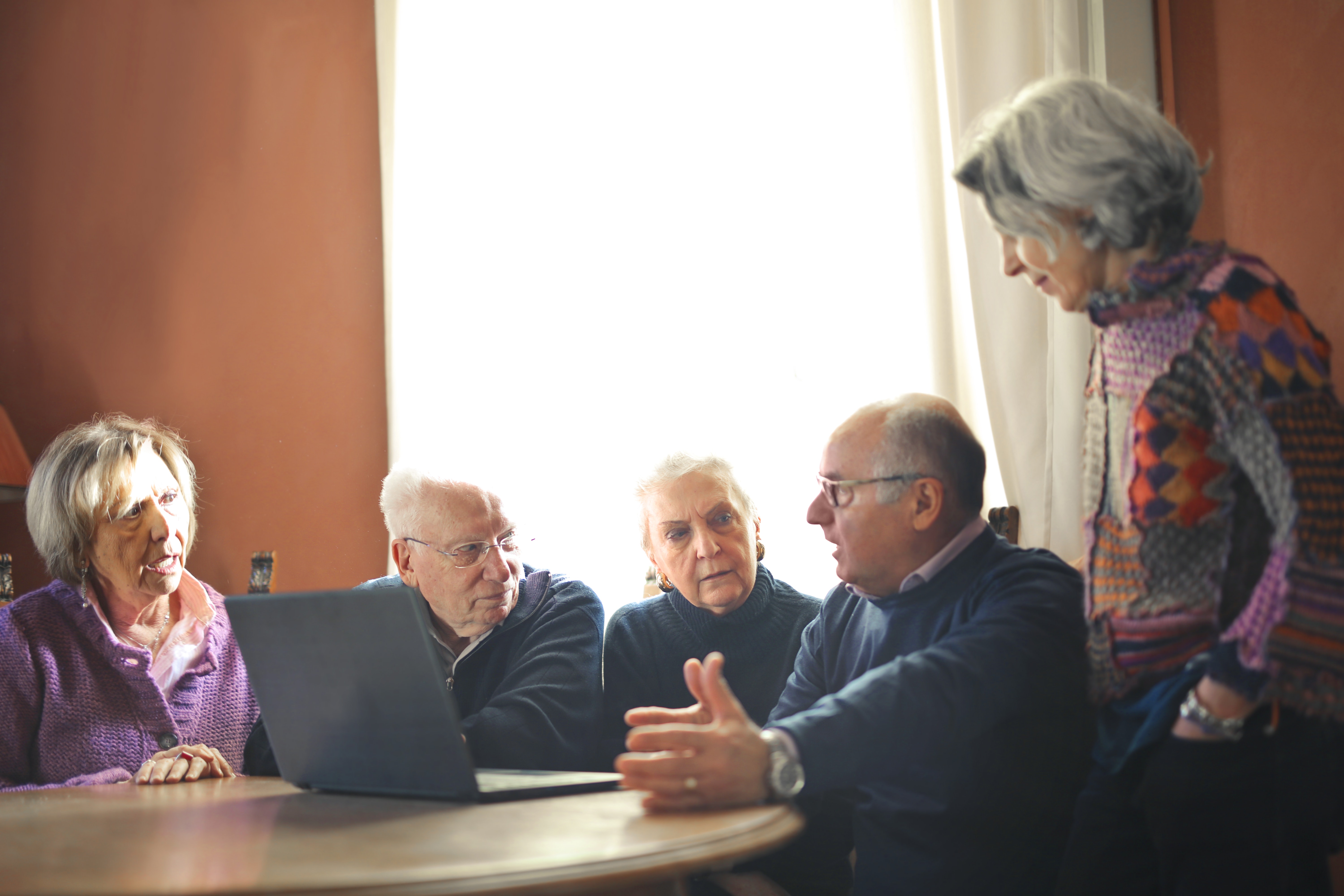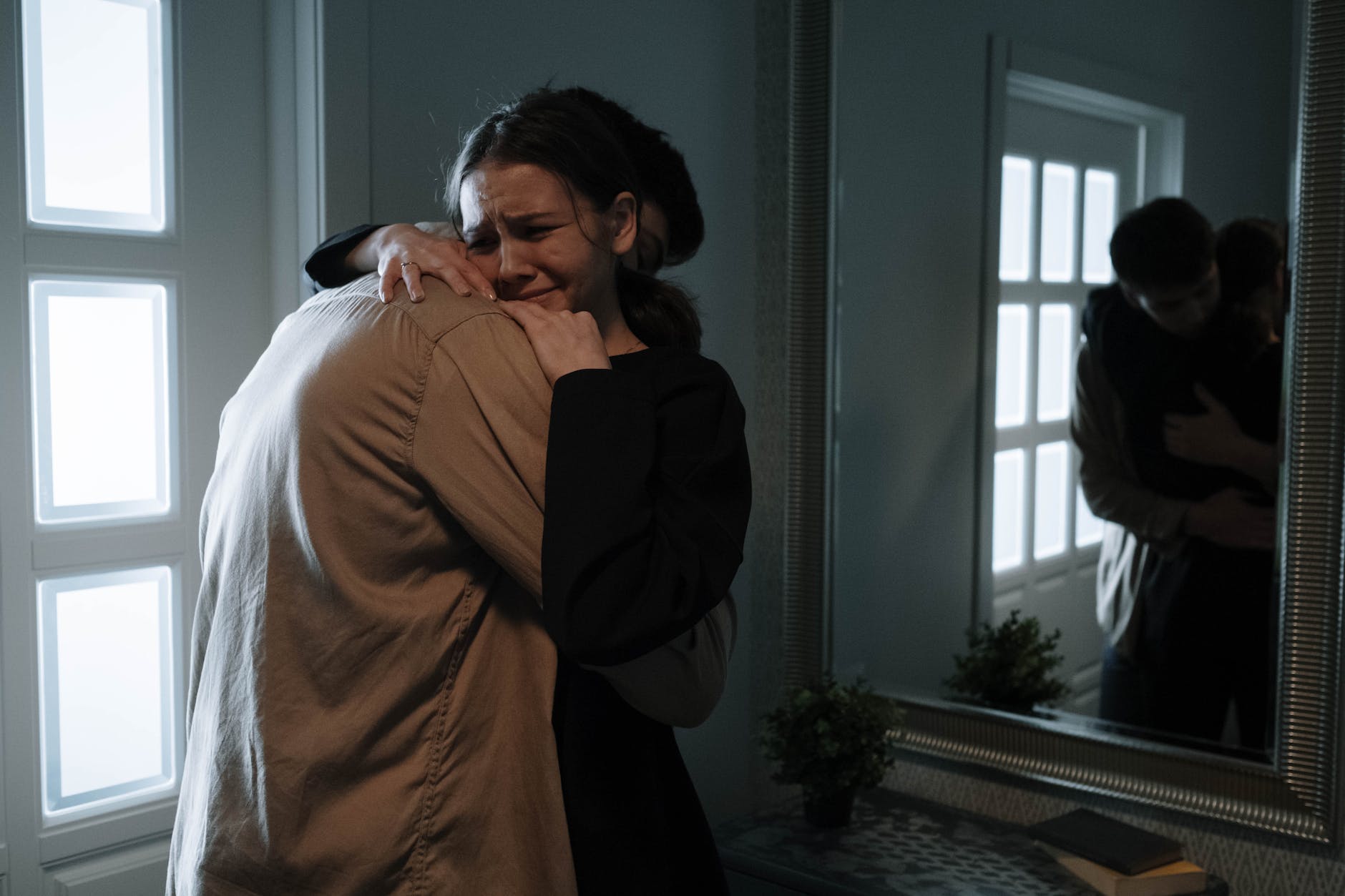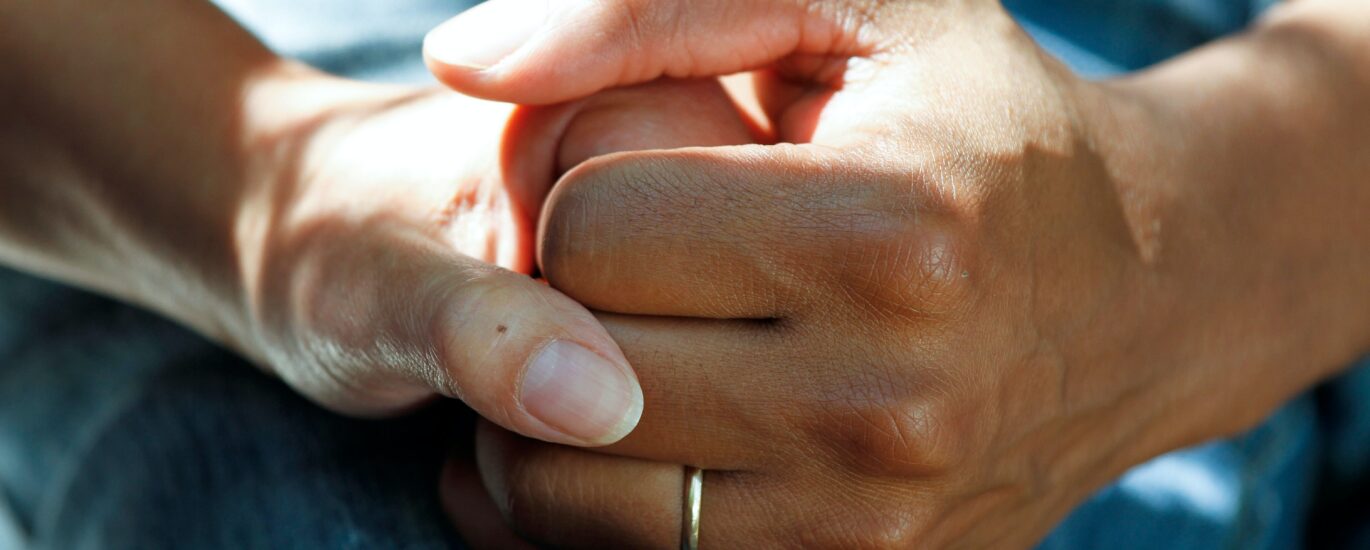As an end-of-life doula, I assist with funerals and memorial services. These gatherings of loved ones come with a variety of comforting traditions and no two ceremonies are alike. Why should we have funerals and memorial services? They’re important for many reasons.
History of Funerals
The history of funerals is complex and varies across different cultures and periods. However, I can provide a general overview of the evolution of funerary practices.
Prehistoric and Ancient Times
Early human societies often practiced simple burial rituals. Bodies were buried in the ground, sometimes with tools, food, or other items.
Many ancient cultures believed in an afterlife, and funeral practices were often influenced by these beliefs. For example, the Egyptians believed in an afterlife and mummified their dead, placing them in elaborate tombs with possessions for the journey.
Classical Civilizations
In ancient Greece and Rome, cremation was a common funerary practice. However, burial was also practiced, and elaborate tombs were constructed. Funerals included rituals to honor the deceased and appease the gods.
Medieval Period
With the spread of Christianity, burial became the dominant funerary practice in Europe. Churches and churchyards became common burial sites, and funeral rites were often conducted by clergy.
Renaissance and Reformation
During the Renaissance, there was a renewed interest in classical ideas, and this influenced funeral art and architecture. The Protestant Reformation also brought changes to funeral practices, with some Protestant groups advocating simpler ceremonies.
19th Century
The 19th century saw the rise of industrialization, and this had an impact on funerals. Urbanization led to the establishment of large cemeteries outside city centers, and funeral homes began to emerge.
20th Century
The funeral industry became more professionalized in the 20th century. Funeral homes offered a range of services, and embalming became more common. Cremation also gained popularity.
Contemporary Practices
Today, funerary practices vary widely. Cultural, religious, and personal preferences influence choices such as burial, cremation, or other alternative methods. Green or eco-friendly burials have gained attention as people seek more environmentally conscious options.

Virtual Funerals
Thanks to technology, many daily routines can be done effectively online. Office work, for example. Some of us attend school, shop for groceries, and reconnect with friends who live on the other side of the world.
The internet has helped during otherwise difficult and isolating years. But it can only do so much. I officiated a recent funeral service that had more attendees online than in person.
This troubled me for many reasons.
Why Have Funerals?
Gathering together in person at funerals has long been a cultural and social practice, and the importance of physical presence during such events is a vital component.
Emotional Support
Being physically present allows mourners to connect with each other on a personal and emotional level. Hugs, shared tears, and comforting gestures provide a level of emotional support that cannot be conveyed virtually.
Cultural and Religious Traditions
Many cultures and religions have specific funeral rituals and ceremonies that are best experienced in person. These rituals often involve communal prayers, chants, or other symbolic actions that hold significance for the grieving community.
Closure and Acceptance
Gathering together can provide a symbolic sense of closure for the bereaved. The physical act of saying goodbye in the presence of others contributes to the process of acceptance and mourning.
Shared Memories
Funerals often include storytelling and reminiscing about the deceased. Being physically present allows us to share and hear stories, creating a collective memory of the person who has passed away.
Social Support Networks
Funerals bring people together who share a common loss. These events help build and strengthen social support networks as mourners come together to offer condolences and assistance to one another.
The act of physically attending a funeral demonstrates solidarity and unity within a community. It shows that people care about one another and are willing to come together during difficult times.
Non-Verbal Communication
Non-verbal communication, such as body language and facial expressions, plays a crucial role in conveying empathy and support. These cues are more readily apparent in person than in a virtual setting.
While virtual gatherings can offer a practical solution in certain situations, the tangible and emotional aspects of physical presence at a funeral often contribute significantly to the mourning process. It’s important to recognize that the cultural, religious, and individual significance of funerals may vary, and people’s preferences for how they mourn and commemorate their loved ones can differ based on their unique circumstances and beliefs.

Funerals Aren’t For the Dead
Funerals formally acknowledge the one certainty we all share. No matter our status, race, gender, or background – we are going to die. Funerals and memorial services help us face that reality in a meaningful way.
They also normalize grief. Sorrow’s appropriate expression, depending on our background and level of observance, allows us to move through the mourning process. It is often our most reliable way.
Funerals provide context and continuity. Guests arrive with compassion and stories to share. Surrounded by caring family and friends. Reciting prayers or poetry. All a component of lifesaving grace for those who must find the strength to go on living.
Embracing, hugging one another, and holding hands often translates to hope and reassurance.
These gifts cannot be fully received through a WiFi connection.
The lack of human touch, and the absence of in-person care and concern, agonize family and loved ones who’ve already suffered a heavy loss. Mourners attempting to make sense of despair should not be made to endure technical difficulties or faulty internet signals on top of everything else.
Literally holding each other during times of heartbreak – that’s how we heal.
It’s what we give and receive when we show up to funerals in person.
Let Us Mourn
Similar to other life cycle events, let’s make time and space in our community for funerals and memorial services. Let’s leave our homes, phones, and computers behind for a few hours and console one another.
Publicly acknowledging a loss, a loss too many have had to face alone, is a way to truly honor the dead and comfort the living. This is why we should have funerals and memorial services.
Many traditions say our souls cannot exit this world without help from rituals. Souls left behind can’t heal without them either.
These are the reasons why we should have funerals. Contact me for an experienced funeral celebrant in Chicago or support while planning funerals or memorial services today.




2 thoughts on “Why Should We Have Funerals?”